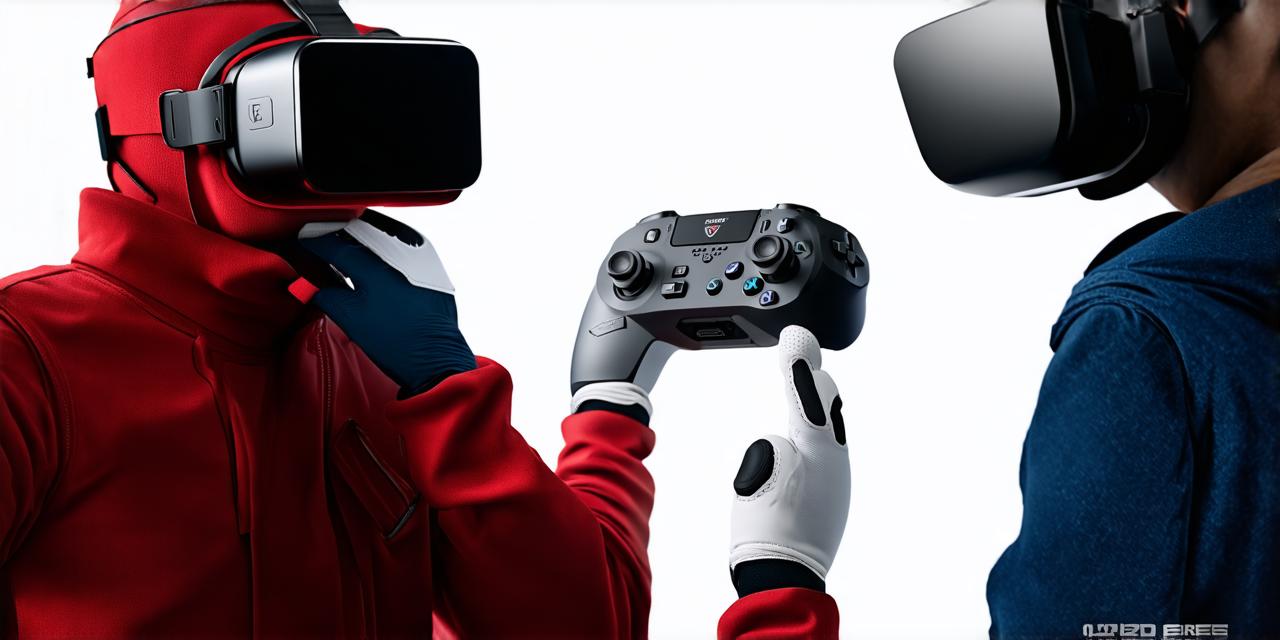Virtual reality (VR) is a rapidly growing industry that offers exciting opportunities for developers to create immersive experiences for users.
Skills Needed
To become a VR developer, you’ll need a combination of technical and creative skills. Some of the key skills you’ll need include:
- Programming proficiency: VR development requires knowledge of programming languages such as C++, Java, or Python. You’ll also need to be familiar with game engines like Unity or Unreal Engine.
- 3D modeling and animation: Creating 3D models and animations is an important part of VR development. You’ll need to be proficient in software such as Blender or Maya.
- User experience (UX) design: VR experiences should be intuitive and easy to use, so you’ll need strong UX design skills.
- Game design: VR games require careful planning and design to ensure they are engaging and immersive. You’ll need to have a good understanding of game design principles.
Tools Needed
To become a VR developer, you’ll also need the right tools. Here are some of the most important tools you’ll need:
- Development environment: You’ll need a development environment that supports VR development, such as Unity or Unreal Engine.
- Hardware: You’ll need a powerful computer with a graphics card that supports VR development.
- Headset: You’ll need a VR headset to test your creations and experience the immersive world you’re creating.
- Software: You’ll need software for 3D modeling, animation, and game design, such as Blender, Maya, or Unity Asset Store.
Learning Resources
There are many resources available online to help you learn VR development. Here are some of the best resources to get started:
- Online courses: Websites like Udemy and Coursera offer online courses on VR development. These courses can be a great way to learn new skills and gain practical experience.
- Forums and communities: There are many forums and communities where you can connect with other VR developers and ask questions. This is a great way to get support and advice as you’re learning.
- Documentation: Most development environments provide documentation on how to use them, as well as examples of code and best practices.
Summary
Becoming a VR developer requires a combination of technical and creative skills, as well as the right tools and resources. With dedication and hard work, anyone can become a successful VR developer and create immersive experiences for users.
